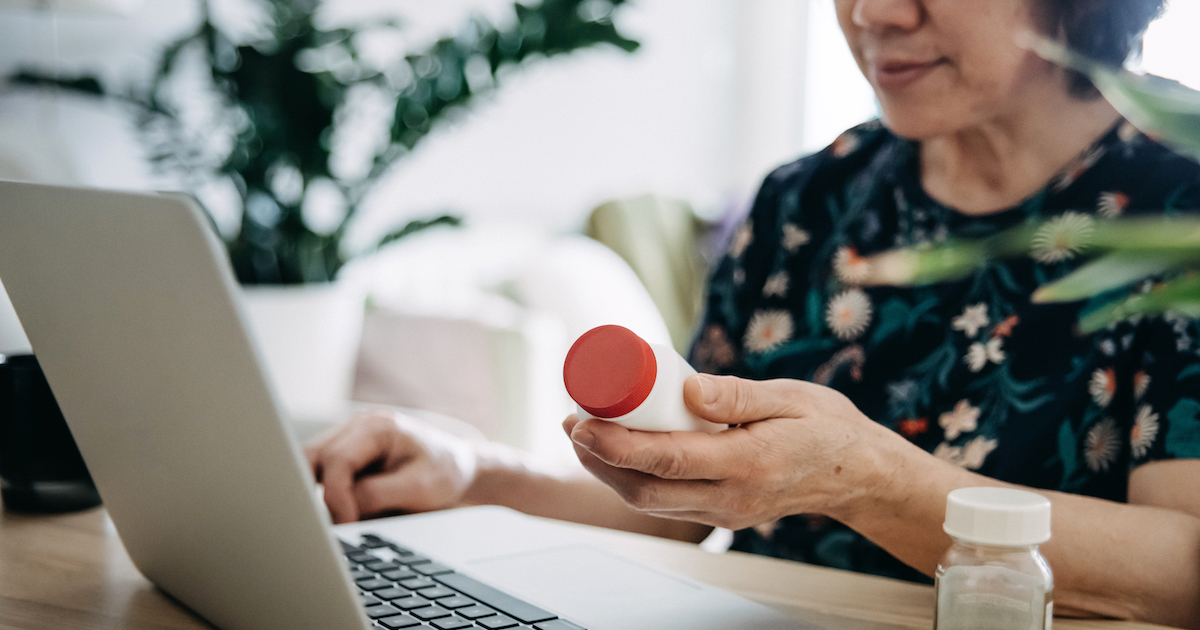 Some 9 percent of respondents said they have used a telehealth service for a minor illness at least once since these tools became commercially available, according to a Healthline survey of 3,679 people who read Healthline.com, a medical information website. The survey was conducted in June 2015.
Some 9 percent of respondents said they have used a telehealth service for a minor illness at least once since these tools became commercially available, according to a Healthline survey of 3,679 people who read Healthline.com, a medical information website. The survey was conducted in June 2015.
Within this group, 90 percent said their experience using telehealth services was the same or better than their experience at a doctor’s office. And 45 percent of respondents who said they have used a telehealth service also said they were unaware of these services two or three years ago.
A small percentage of respondents are also noticing that physicians are willing to discuss digital health tools with them. Some 4 percent of consumers said their doctor recommended a mobile app to them, and an additional 2 percent said that their doctor formally prescribed an app. The most popular app category recommended or prescribed was food logs and calorie counters (34 percent), followed by pedometers or fitness trackers (24 percent), heart rate monitors (22 percent), blood sugar monitors (20 percent), and medication reminders (17 percent).
The survey also explored consumers' interaction with digital health outside the doctor's office. Some 15 percent of consumers said they own a Fitbit or a similar activity tracker. Of the respondents that own an activity tracking device, 80 percent said the device keeps them motivated, 48 percent said it helps them better track their activity, and 25 percent said it helps them increase their activity level.
A relatively large number of people use health apps. The survey found that 52 percent of respondents use at least one health app. Some 33 percent of consumers with a health app have been using it for three to eight months and another 33 percent have been using it for less than three months.
Respondents are still hesitant about sharing their data. Some 25 percent of all consumers surveyed said they don't believe their personal health data is secure on a Fitbit or a health tracking app and 45 percent of wearable and mobile health app users are concerned that hackers may try to steal their personal health data from a wearable.


